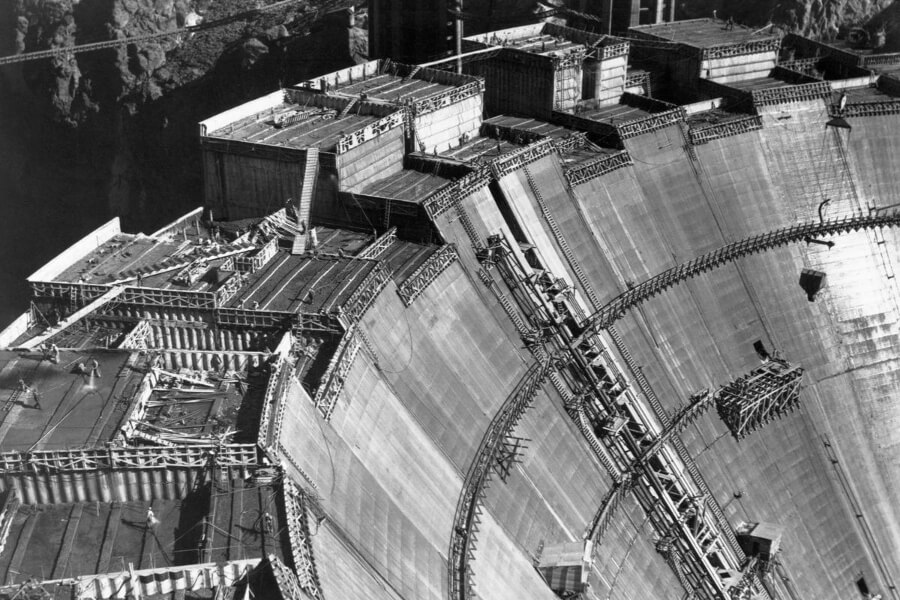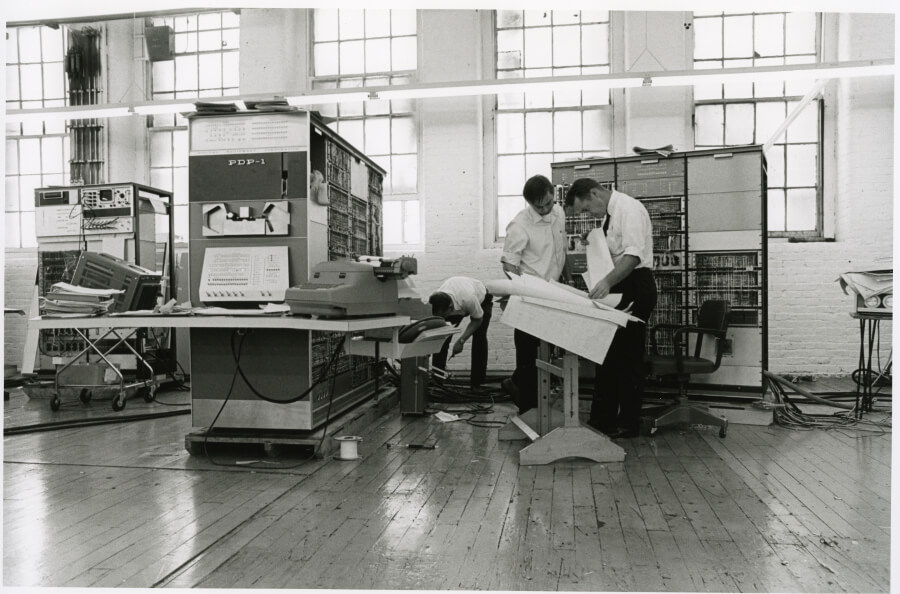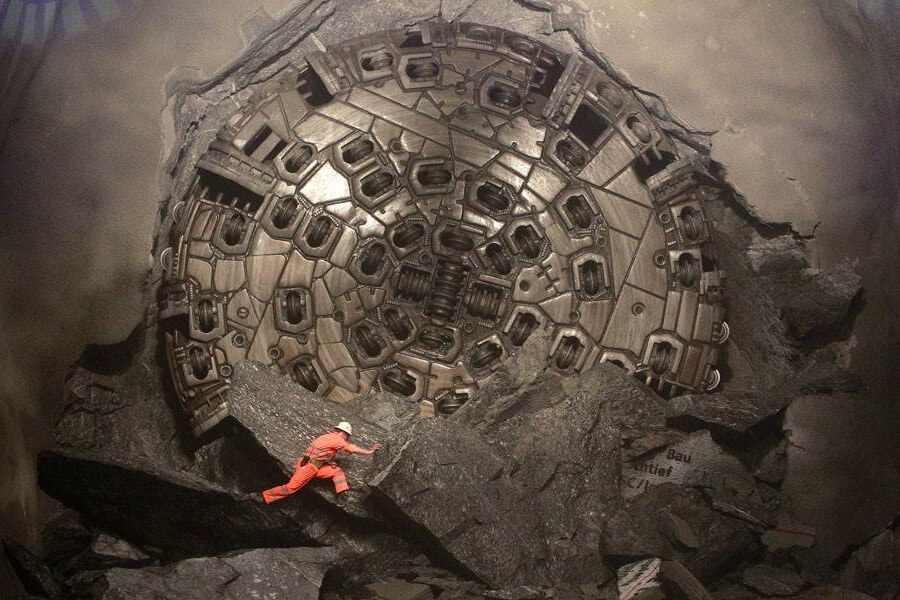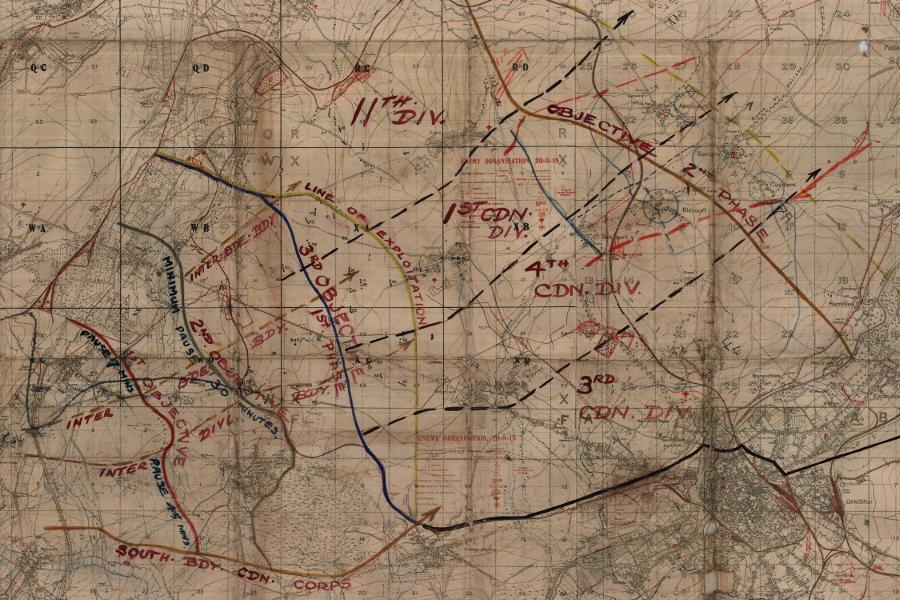The time for a new Decred roadmap has finally arrived. While many users have been keen to know where the project is headed in detail, we have intentionally avoided laying out our longer term plans in order to prevent other projects from implementing these ideas before they make it into Decred. I recognize that our approach with Decred runs counter to most other cryptocurrency projects, which often focus much more on hype and marketing than on development and sound engineering. Instead of hyping future work in advance of its completion, we have quietly completed our work and will hype it as it goes into production. Now that we are close to our first major post-launch milestone, hard fork voting, it is a good time to share where Decred …
As part of our ongoing effort to “decentralize all the things”, we have developed secure communications software that we are open sourcing today, called zkc. While zkc is not part of the Decred project proper, it is being released as part of our wider effort to increase individual liberty through technology. zkc stands for “zero knowledge communications” and is intended to provide the highest level of communications security balanced with minimal complexity in its code, configuration and usage. The various cryptographic protocols used in zkc draw from other existing secure communications tools, such as Signal and Pond. zkc is a blending of what we consider to be the best parts of both of these projects, and with its initial release, it …
Over the next few releases, Decred will enable Proof-of-Stake (“PoS”) miners to vote on proposed consensus changes. This voting will allow Decred users to exercise sovereignty over whether or not to accept hard fork changes, in addition to making other important decisions. Enabling this decision making requires versioning several subsystems: block headers, vote transactions and transaction scripts. Versioning these subsystems allows for reliable and relatively smooth hard forking on an ongoing basis, meaning Decred can continuously upgrade its consensus code provided the PoS miners agree with each of the changes. Further, we have added a series of full-block consensus tests that are automatically run on every pull request to the …
The most difficult groundwork required to clear the route to distributed decision making via Proof-of-Stake (“PoS”) in Decred is nearing completion. While many users and interested outsiders are understandably keen to see a steady stream of new features, we decided to instead focus on making important structural upgrades before beginning work on the more substantive features that make use of Decred’s hybrid PoW/PoS consensus system. The major hurdle of upgrading Decred’s chain database format and related code is almost behind us, and it is accompanied by a substantial performance increase when both doing the initial chain sync (roughly 5x faster, depending on hardware) and handling many concurrent RPCs to the chain daemon. …
Welcome to the Decred Blog!
This is a status update on our projects currently in progress. We are working on several projects within Decred and want to keep users and other interested parties informed of what is going on. Recently, we’ve been pretty quiet on the communication front and have been focusing on getting development work done.
Currently, the major projects underway are
- Paymetheus, a native Windows GUI for dcrwallet
- gominer, a cross-platform PoW mining client
- Web Wallet, a fork of BitPay’s Copay stack
- Synchronizing the btcd database rewrite to dcrd
- Adding support for more gRPC API calls to dcrwallet
A short section describing the status and progress on each of these current projects can be found below.





